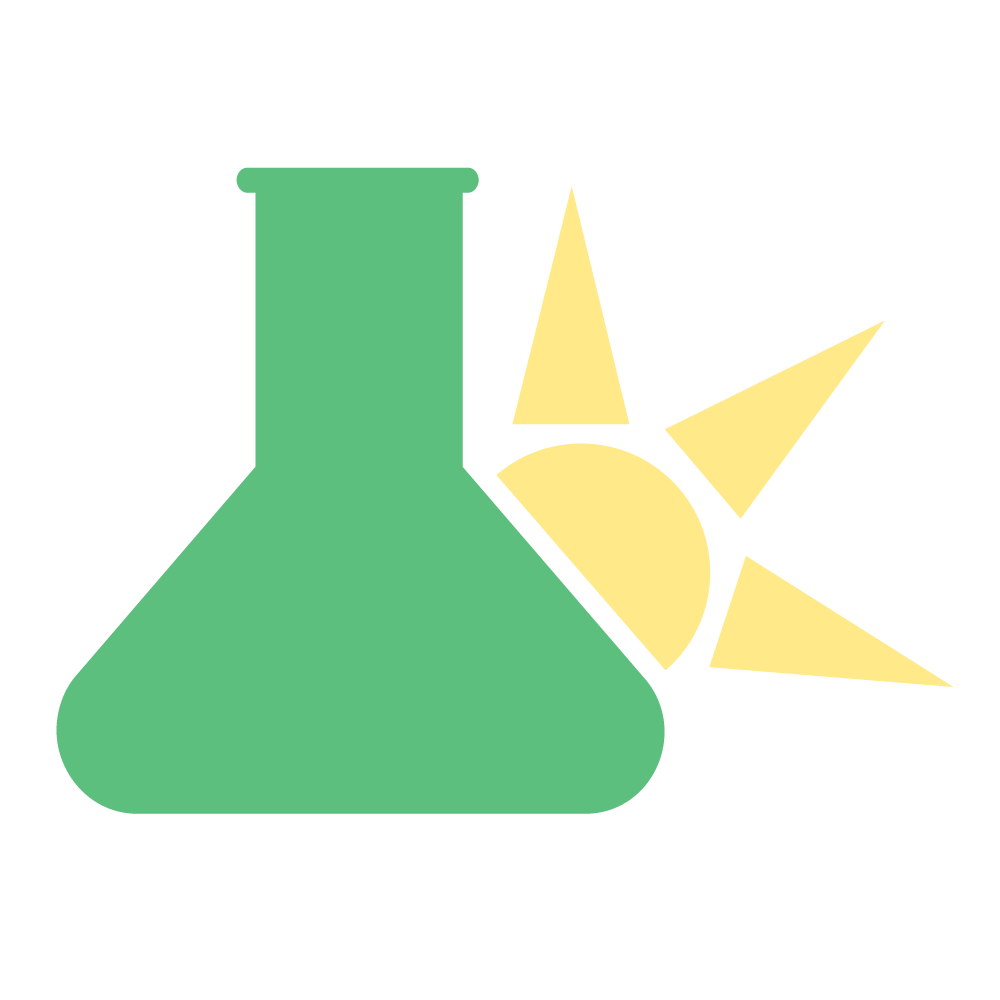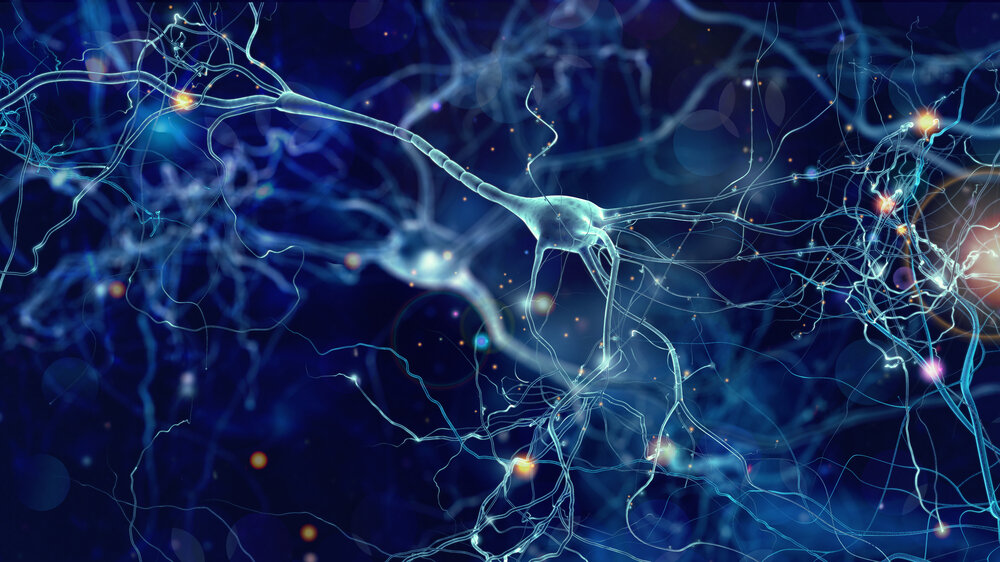Lately there has been an increased interest in the use of nootropics or "smart drugs". These are substances that improve cognitive capacity for memory, and learning. They can be natural substances like herbs, or synthetic ones created in a lab like racetams.
There are many ways a substance can offer nootropic benefit, including the focus of this article, which is increasing a persons ability to resist mental fatigue. By reducing mental fatigue, the amount of time and efficiency a person can use towards a certain task can significantly improve.
Mental fatigue is something we are all familiar with, and can become a serious hindrance to our daily lives if we do not know how to prevent or treat it. Poor nutrition, inadequate exercise, and high or long term exposure to stress can all lead to this condition, which may last for a few hours, or up to a few months.
For a long time, ginseng has been one of the go to remedies for the condition of fatigue, both as a treatment, and as a preventative. It was often used by the elderly to combat the negative impacts age can have on cognition, fatigue, and sexual function. In more modern times, it has been considered an adaptogen, which is a substance that has the ability to increase the resistance of general stress on the body.
But does it really work?
In 2013, a randomized double-blind clinical trial published by the journal PLOS ONE investigated this question more closely using 90 subjects. They also investigated the question - at what dose does ginseng need to be used in order to have these effects?
They chose to use subjects who were between the ages of 20 and 65 and had what is referred to as idiopathic chronic fatigue (ICF). This is a condition where the individuals had a prolonged experience of fatigue, with no apparent cause for the condition. This is different from the well known chronic fatigue syndrome (CFS) whereby there is a known cause for the condition (usually suggested to be due to adrenal hormone insufficiencies, or mitochondrial dysfunction).
Using ICF patients as the test subjects is a better way of testing these effects since the fatigue they are experiencing does not have a known cause and is therefore more valid when extrapolated to the general population.
Using a medical doctor, blood samples, radio-imaging, and other modern analytical tools, the study candidates were screened before being included in the trial to try and identify any obvious causes for the fatigue.
The trial consisted of 3 groups, the first test group had 2g of a concentrated Panax ginseng extract (13.2% w/w), which works out to about 15g of whole root per day.
The second group only received a half dose, with 1g ginseng extract and 1g of the cornstarch placebo mixed together. This is equal to roughly 7.5g of the whole root equivalent per day.
And of course the third group received only the placebo.
The purpose of this was to get an idea of what the therapeutic dose was, as well as to provide a second level of control to the fairly large study.
When the study ended after 4 weeks researchers found that both the 1g and 2g doses of ginseng extract were able to significantly improve mental fatigue scores... but not physical fatigue.
This opposes the long standing application for ginseng as an athletic enhancement supplement.
In the past it has been highly regarded by athletes, especially in China, Korea, and Japan. There have been a lot of evidence in animal models suggesting a benefit in physical fatigue as well as mental [2, 3].
There was a study that found that Panax ginseng was able to improve glucose regulation in humans [5], which suggests a mechanism of action for improving physical fatigue scores as well as mental. Clearly more research is needed to investigate the efficacy of ginseng for physical fatigue.
Getting back to the original trial...
The study provided some evidence to strengthen the application of ginseng as a cognitive enhancer, and mental stimulant. Similar studies have found evidence to suggest this as well in a similar species of ginseng (Panax quinquefolium) on the fatigue caused by cancer patients [4].
“Panax ginseng is commonly referred to as korean Ginseng or Asian ginseng, and Panax quinquefolium is a North American species of ginseng. They are slightly different but used for the same conditions.”
Many students, choose to use ginseng as a way to improve their cognition and attention, and the results from this study backs up this concept with a well demonstrated improvement in mental fatigue and cognitive scores.
An interesting note from this study, was that there was no statistically relevant difference between the 1g dose and the 2g dose. The effects appear not to be dose dependant, and therefore can likely be achieved easily using whole root extracts rather than concentrated powders or liquids.
This is important because 15g per day of ginseng is quite expensive.
If the same results can be achieved with half the dose (7.5g) this treatment will be much more affordable for the general public.
For nootropic formulas it will likely be more beneficial to include the concentrated ginseng powders in formulation since they can be consumed in much smaller doses and mix well with other powders inside a capsule.
Conclusion of the Study
This double-blind, placebo controlled study highlighted the effectiveness of Panax ginseng for mental fatigue in both a 1g per day dose as well as a 2g dose (concentrated extracts).
No statistically significant differences between the 2 ginseng doses were noted, and no improvement in physical fatigue scores were noted either.
The evidence found in this study, and the accumulation of evidence before it, all point at ginseng (Panax ginseng) as a being a useful nootropic herb for combatting the effects of mental fatigue. The concentrated extract powder will be a likely addition to nootropic stacks for students, and those wishing to improve their cognitive endurance and reduce the fatigue that results from long hours of study or work.
Holistic extracts may also prove highly useful in the treatment of long-term chronic and idiopathic fatigue conditions.
Recent Blog Posts
References:
Kim, H., Cho, J., Yoo, S., Lee, J., Han, J., Lee, N., Ahn, Y., Son, C. (2013). Antifatigue Effects of Panax ginseng C.A. Meyer: A Randomised, Double-Blind, Placebo-Controlled Trial.PLoS ONE, 8(4), e61271. doi:10.1371/journal.pone.0061271
Bahrke MS, Morgan WR (2000) Evaluation of the ergogenic properties of ginseng: an update. Sports Med 29: 113–133.
Wang J, Li S, Fan Y, Chen Y, Liu D, et al. (2010) Anti-fatigue activity of the water-soluble polysaccharides isolated from Panax ginseng C. A. Meyer. J Ethnopharmacol 130: 421–423.
Barton DL, Soori GS, Bauer BA, Sloan JA, Johnson PA, et al. (2010) Pilot study of Panax quinquefolius (American ginseng) to improve cancer-related fatigue: a randomized, double-blind, dose-finding evaluation: NCCTG trial N03CA. Support Care Cancer 18: 179–187. doi: 10.1007/s00520-009-0642-2.
Vuksan V, Sung MK, Sievenpiper JL, Stavro PM, Jenkins AL, et al. (2008) Korean red ginseng (Panax ginseng) improves glucose and insulin regulation in well-controlled, type 2 diabetes: results of a randomized, double-blind, placebocontrolled study of efficacy and safety. Nutr Metab Cardiovasc Dis 18: 46–56.








